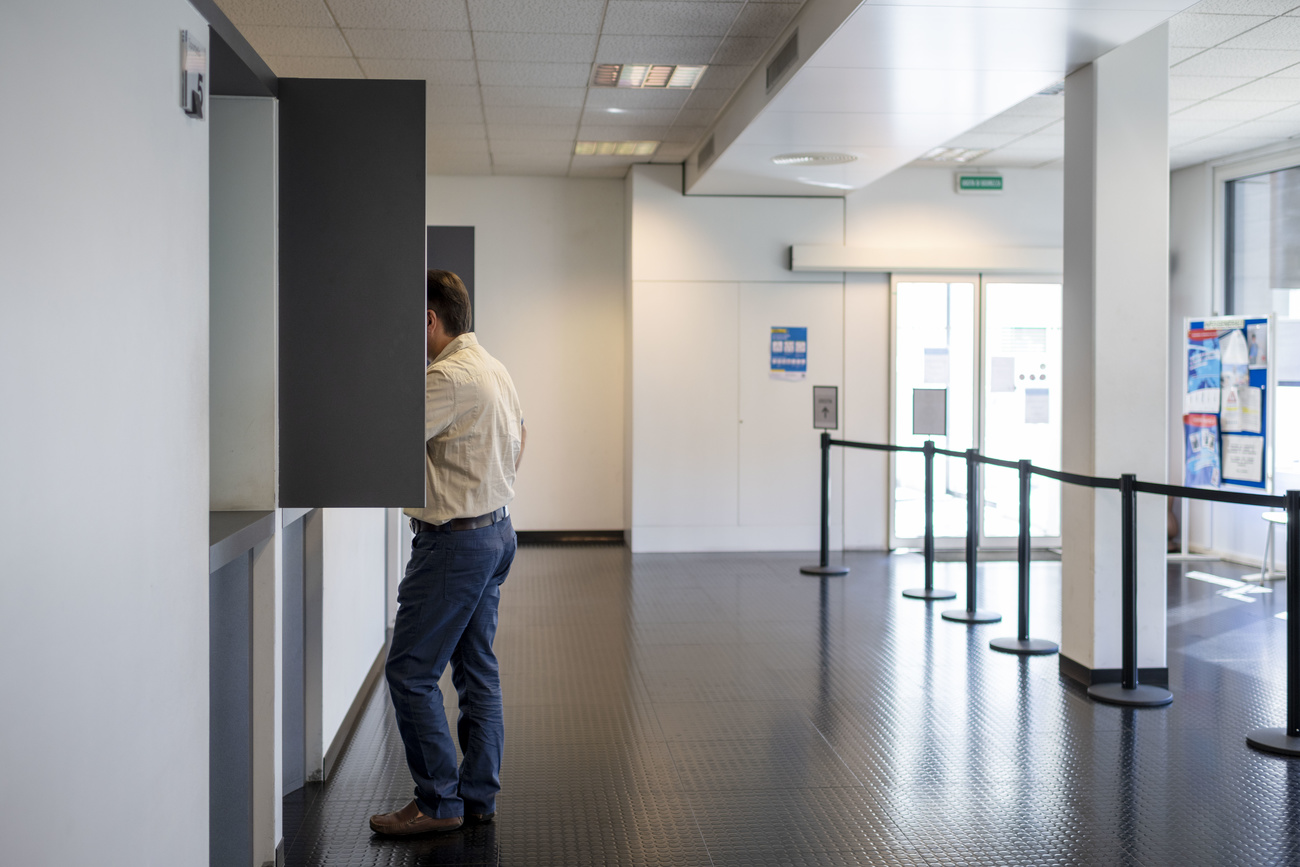
Switzerland experiences highest unemployment rate in a decade

The unemployment rate in Switzerland rose again in January, reaching 3.7% - the highest level since April 2010.
The impact of the coronavirus crisis continues to be felt on the Swiss economy. At the end of January, 169,753 people were registered as unemployed with the Regional Employment Offices, which is 6,208 more than the previous month. Compared to January 2020, unemployment has risen by 40.3%, some 48,735 more people out of work, according to the State Secretariat for Economic Affairs (Seco), which published its figures on Monday. It should be noted that unemployment statistics from the International Labour Organization (ILO) differ from Seco as the former also takes into account the nation’s long-term unemployed people who are no longer registered with the Regional Employment Offices.
The number of vacancies advertised in January 2021 rose by 7,715 to 32,941, of which 21,684 were subject to the obligation to favour Swiss jobseekers. As of July 2018, the obligation to advertise vacancies in this way for occupations with a national unemployment rate of at least 8% was introduced throughout Switzerland; since January 1, 2020, this threshold value has been modified to 5%.
According to the latest available data, in November 2020, short-time working jumped by 35.2% in one month, affecting 296,592 people. In total, more than 34,310 companies made use of this measure, a jump of 50.1%. The number of working hours lost also rose by almost 50% to over 19 million hours.
In Switzerland, when a company finds itself in difficulty, it can temporarily reduce the working hours of its staff. The employees then work at a lower percentage and the employer pays a lower salary which is supplemented by unemployment insurance.
The employees are compensated with 80% of the loss of income. So if the company reduces the activity rate from 100% (full-time) to 50%, the company pays this 50% and the unemployment insurance fund covers 80% of the remaining 50%. The employee thus receives 90% of their initial salary. The unemployment fund pays its share to the employer, who uses this amount to pay the wages of the employees.
The company can also cease operations completely for a certain period.

In compliance with the JTI standards
More: SWI swissinfo.ch certified by the Journalism Trust Initiative






























You can find an overview of ongoing debates with our journalists here . Please join us!
If you want to start a conversation about a topic raised in this article or want to report factual errors, email us at english@swissinfo.ch.